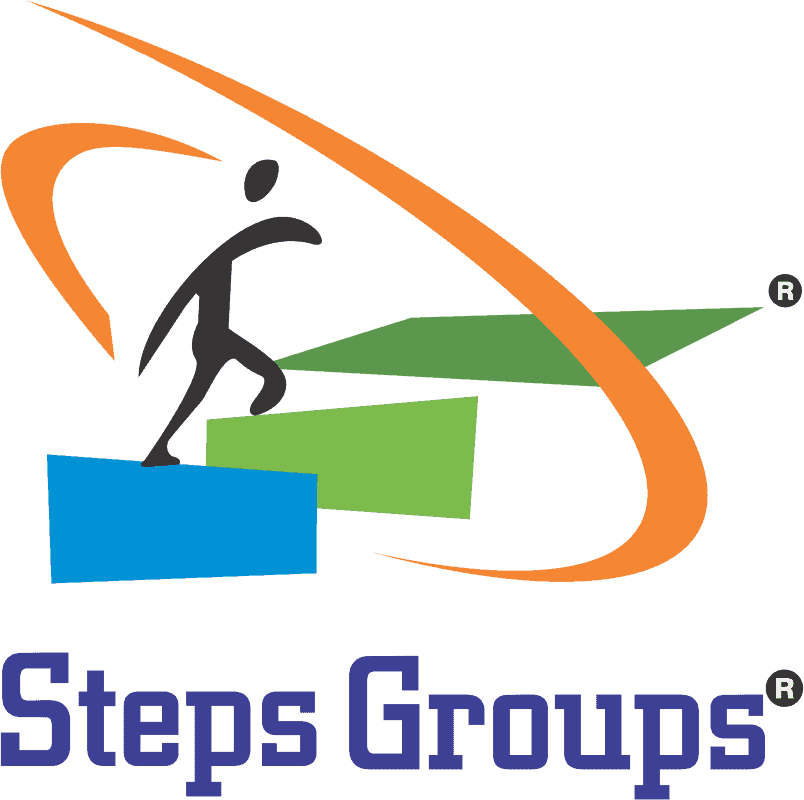Top 10 Signs Your Child Has a Speech Disorder

Top 10 Signs Your Child Has a Speech Disorder
Speech and language development is a critical part of your child’s growth, helping them express needs, build social connections, and learn effectively. While every child develops at their own pace, certain speech disorders may require early intervention to support your child’s communication skills.
10 Signs Your Child Has a Speech Disorder
Recognizing the signs early can make a significant difference in your child’s progress.
- Limited Vocabulary for Age
If your child is not using as many words as other children of the same age, it may indicate a speech delay. For instance:
- By 18 months: fewer than 20 words
- By 2 years: fewer than 50 words
- By 3 years: not using simple sentences
- Difficulty Pronouncing Words
Frequent mispronunciation of words, even when considering age-appropriate sound errors, may be a sign of a speech disorder. If your child’s speech is unclear to familiar listeners after age 3, it warrants attention.
- Stuttering or Repetition of Sounds
If your child frequently repeats sounds, syllables, or words (e.g., “ba-ba-ba-banana”), or struggles to get words out, they may have fluency disorders like stuttering.
- Struggles to Form Sentences
Children with speech disorders may find it hard to put words together to form meaningful sentences, often leaving out words or using incorrect word order consistently.
- Voice Quality Issues
If your child’s voice sounds unusually hoarse, nasal, or breathy over extended periods, it may indicate a voice disorder that requires assessment.
- Difficulty Following Directions
Children with speech or language disorders may struggle to understand and follow age-appropriate directions, especially multi-step instructions like “Pick up your toy and put it on the table.”
- Frustration During Communication
If your child often gets upset, points, or cries when trying to communicate, it may indicate that they are struggling to express themselves verbally.
- Lack of Babbling or Limited Sound Play
If your baby is not babbling by 12 months or using varied sounds, it may be an early sign of a speech or language delay.
- Omitting Consonant Sounds
Consistently leaving out consonants at the beginning or end of words (e.g., “at” for “cat”) beyond the age when peers have moved past this phase may indicate phonological disorders.
- Difficulty Understanding or Using Age-Appropriate Language
If your child struggles to understand basic concepts (like colors, body parts, or simple prepositions) or cannot engage in back-and-forth conversation by age 3–4, it may be a sign of a speech or language disorder.
At Steps Groups India, our experienced speech-language pathologists provide individualized assessments and therapy plans tailored to your child’s needs. We use evidence-based practices to address speech sound disorders, language delays, stuttering, and other communication challenges in a child-friendly and engaging environment.


